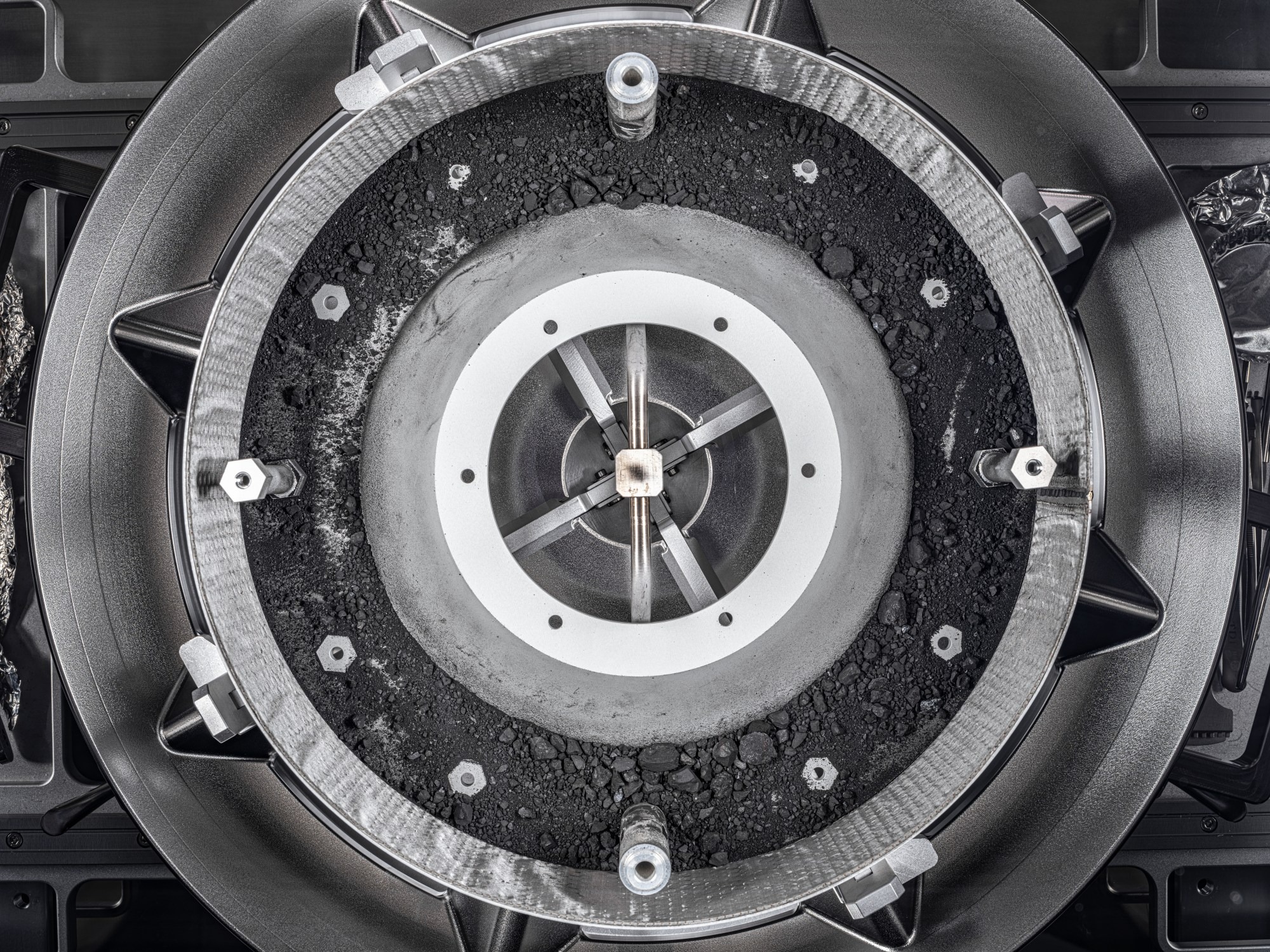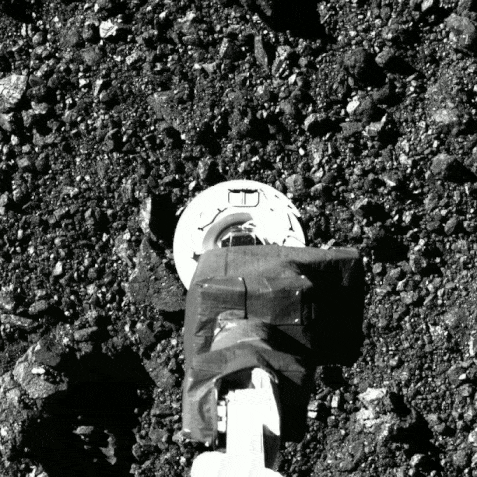After months of unsuccessful attempts to open the capsule of the OSIRIS-REx spacecraft, in January, NASA finally got to the main “treasure” – the main samples of the asteroid Bennu. Several weeks of research on the samples revealed an impressive result. Mission leader Dante Lauretta from the University of Arizona hypothesized that the collected fragment of space rock could be a planetesimal – the building block of a planet on which an oceanic world once existed.

“My working hypothesis is that this was an ancient ocean world,” Lauretta shared the discovery.
The high level of phosphates in the Bennu samples is the main argument for this hypothesis. Phosphorus is a key element for life, as confirmed by its content in eruptions from the underground oceans on Saturn’s moon Enceladus. Missions aimed at astrobiology are actively exploring ocean worlds as possible places to search for extraterrestrial life.

The OSIRIS-REx spacecraft, launched in September 2016, arrived at the asteroid Bennu in December 2018. The spacecraft traveled about 200 million kilometers to reach the asteroid, which is a relic from the time of the formation of the Solar System. In September 2023, OSIRIS-REx returned to Earth with asteroid samples weighing about 250 grams, as well as additional material found outside the sample container. According to OSIRIS-REx analyst Daniel Glavin, this sample is “an astrobiologist’s dream.”

The most important thing is that researchers now have access to the purest space material that has not been damaged when crossing the Earth’s atmosphere. This allows scientists to study the properties of samples without losing their original state, which is very important for obtaining more accurate results.
Bennu samples can reveal the chronology of the formation of the Solar System and help in understanding the process of the emergence of life from primitive material in space. According to astrobiologist Michael Wong, Bennu is “a fossil snapshot of some of the most primitive material in the solar system.” Additional sample analysis, which began just last month, promises to reveal more information about the evolution of ancient rocky bodies.
Earlier, we reported on how OSIRIS-APEX passed the first test on the way to the asteroid Apophis.
According to New Scientist
Follow us on Twitter to get the most interesting space news in time
https://twitter.comne/ust_magazine


